
Is Stem Cell Therapy Right for You?
Sickness is a normal part of life, especially for those who don’t take good care of themselves. But the interesting thing about the human body is that it can heal itself. Your body’s immune system can restore your health if you get sick from a virus, bacterial infection, or injury. Stem cell therapy in Franklin plays a critical role in your body’s healing process, allowing you to recover faster.
In recent years, treatments with stem cells have been used to treat a wide array of diseases and injuries. Stem cells are the building blocks of our bodies, and they can transform into specialized types of cells, such as bone cells, muscle cells, and nerve cells. A fascinating property of stem cells is their ability to restore and repair damaged tissues and organs in your body.
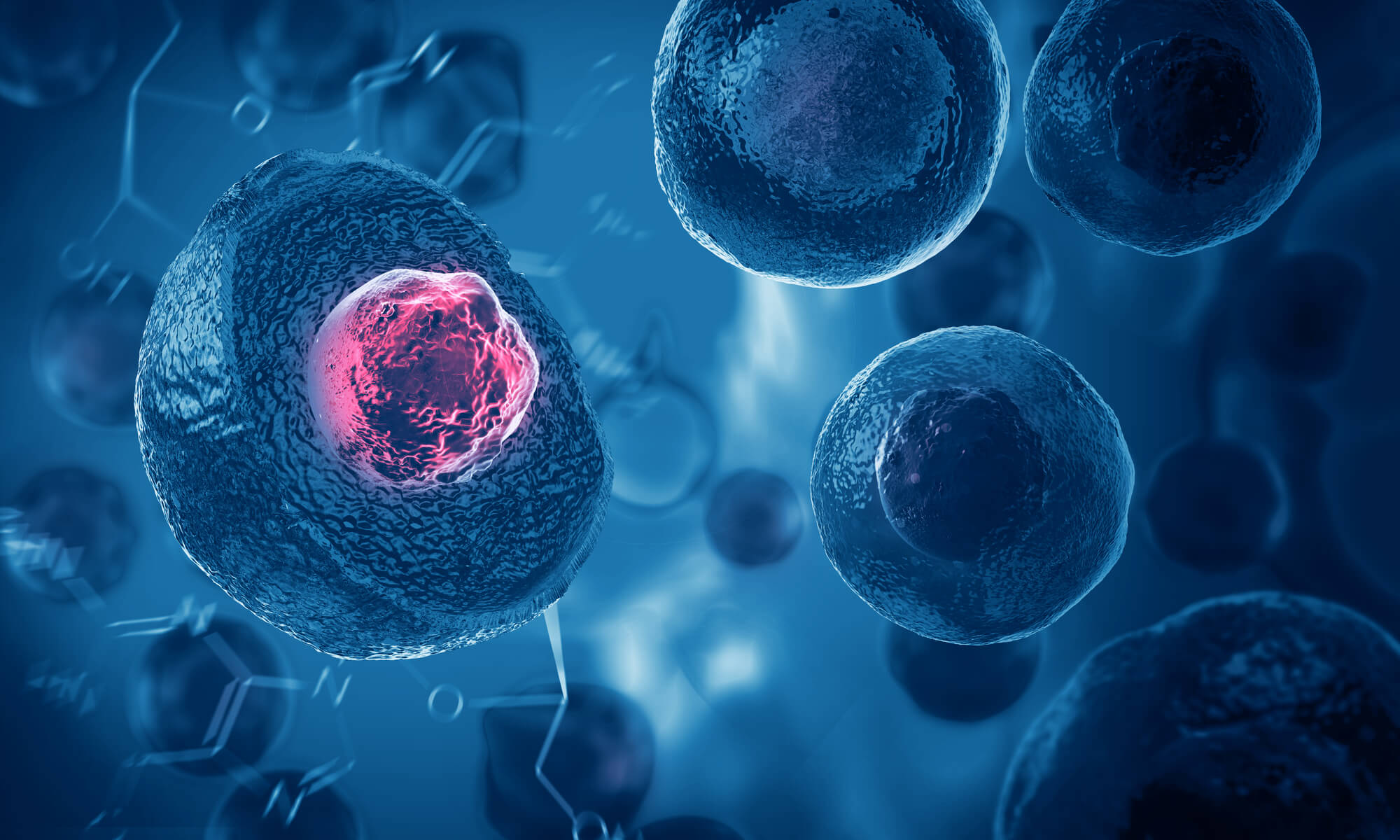
Is Stem Cell Therapy for You?
What Are Stem Cells?
Stem cell therapy is a revolutionary breakthrough in the history of science. It is becoming increasingly popular because of its ability to treat a wide range of diseases and conditions, including Parkinson’s disease, diabetes, heart disease, and spinal cord injuries, to name a few.
Furthermore, stem cell therapy has shown promising results in preclinical and clinical studies, which has sparked interest and investment from both the scientific community and the general public.
Stem cells are human cells that can differentiate into specialized cells ranging from brain to muscle cells. Studies show that they can also fix tissues damaged by injuries and diseases.
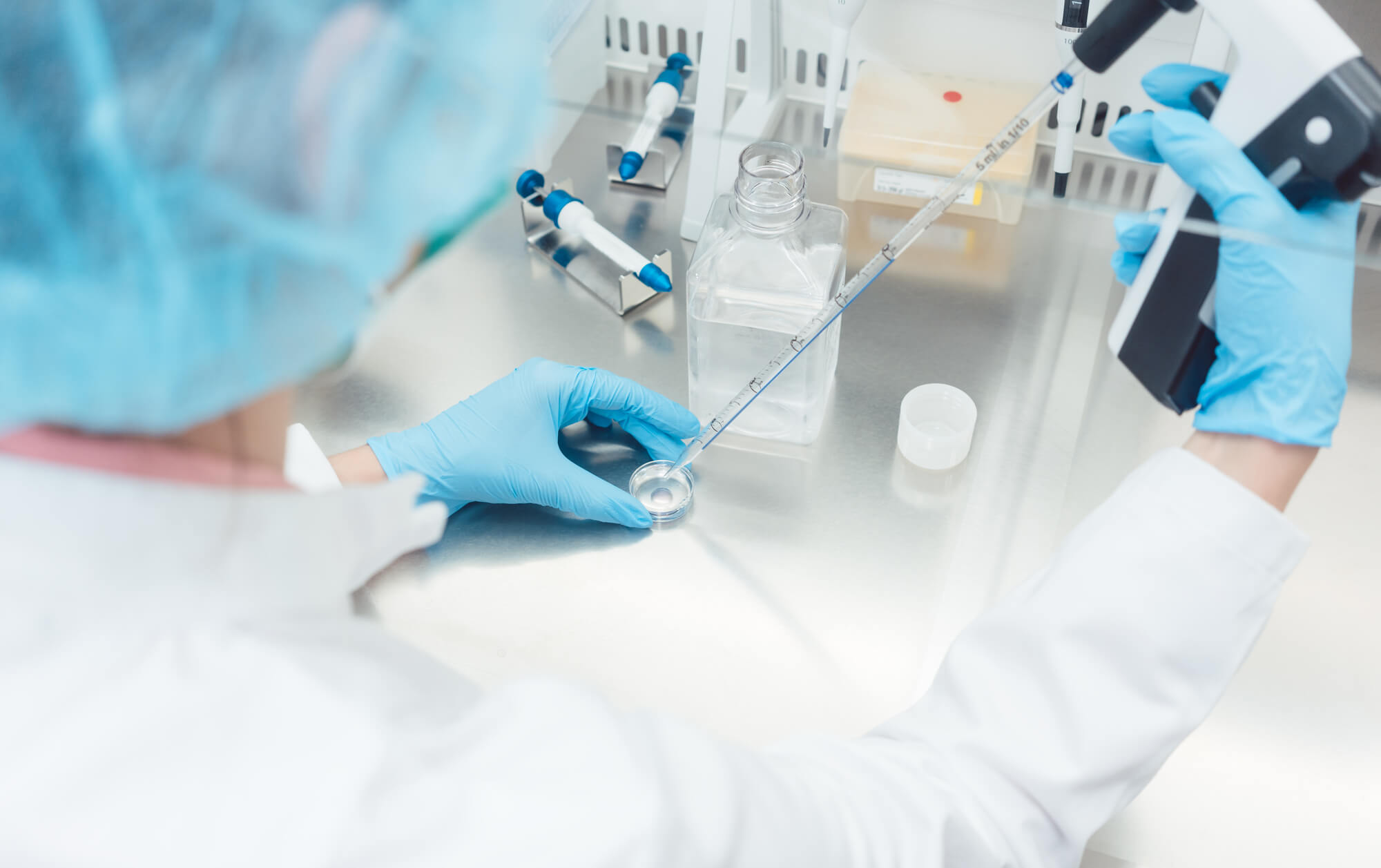
What Are the Different Types of Stem Cells?
Stem cells are categorized into two main types: adult and embryonic stem cells (ESCs).
Adult Stem Cells
Also called somatic stem cells, these adult stem cells can be found throughout your body, such as in your muscles, skin, and bone marrow. With their multipotent characteristic, these adult stem cells can differentiate into cell types within the same tissue or organ.
For example, mesenchymal stem cells from the bone marrow can differentiate into fat, cartilage, and bone cells. Hematopoietic stem cells can also differentiate into different blood cells. Adult stem cells are more readily available than embryonic stem cells and have fewer ethical issues.
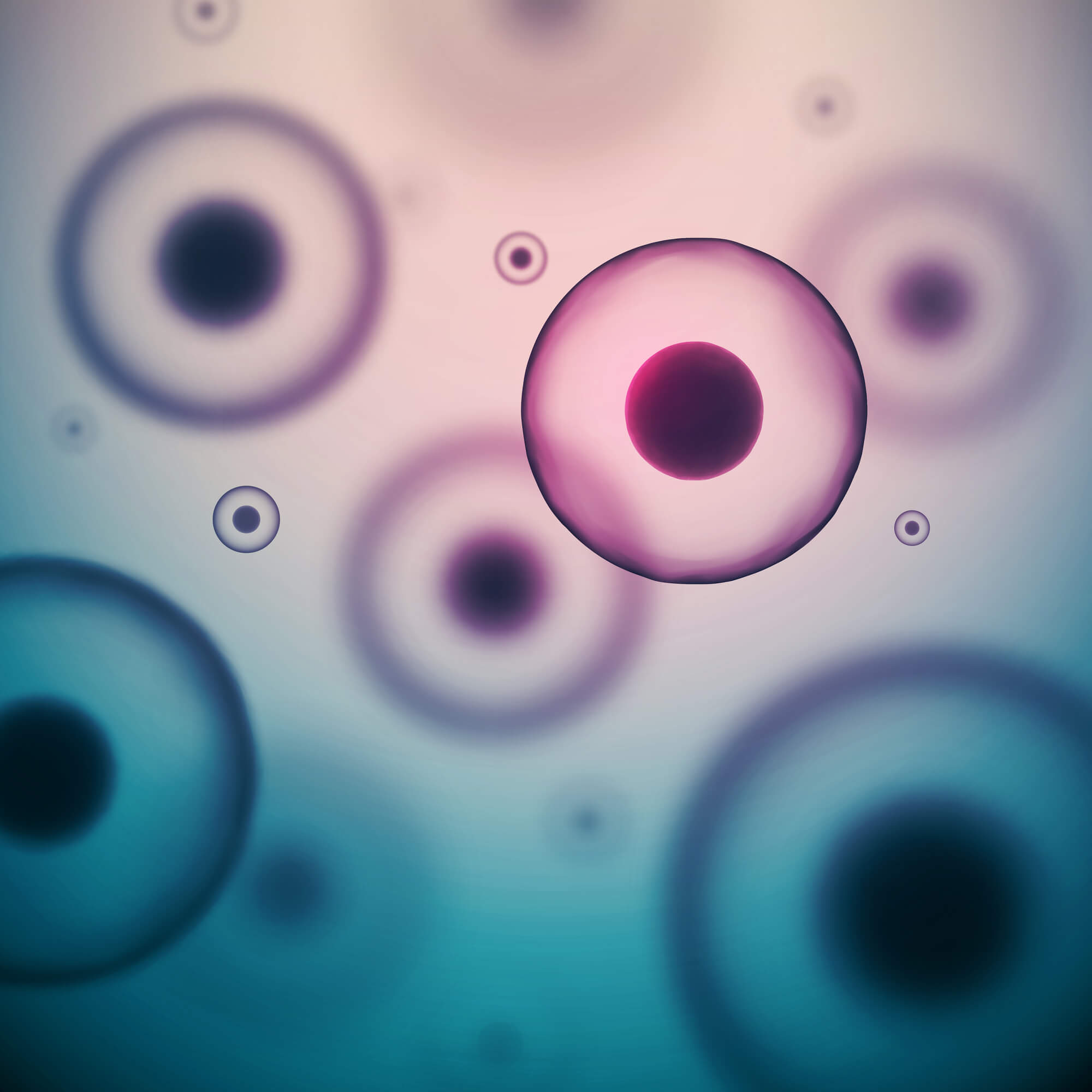
Embryonic Stem Cells
Embryonic stem cells are stem cells that are taken from unused embryos that are just a few days old. They are pluripotent, meaning they can become many different cell types. These cells are obtained from surplus embryos that result from in vitro fertilization (IVF) and are not used for reproductive purposes. While they have the potential to differentiate into any cell, their use is controversial due to ethical considerations regarding the destruction of embryos.
Induced Pluripotent Stem Cells (iPSCs)
The third type of stem cell is called an induced pluripotent stem cell. They are created by reprogramming adult cells to make them pluripotent, just like embryonic stem cells. Although they can differentiate into several cells, they do not require embryos, eliminating the controversy surrounding embryonic stem cells.
Stem cells from embryonic and adult tissues can be used for tissue engineering and regenerative medicine.

How Are Stem Cells Delivered to Your Body?
The method of delivering stem cells to the body will depend on the type of stem cell therapy and the medical condition being treated. Here are a few examples of how stem cells may be delivered to the body:
- Intravenous infusion: Stem cells may be delivered into the bloodstream through an IV line. This method is often used for systemic conditions or diseases that affect the entire body.
- Injection: Stem cells may be injected directly into the affected area. This method is often used for localized conditions such as joint or muscle injuries.
- Implantation: Stem cells may be implanted directly into the affected area through a surgical procedure. This method is often used for conditions requiring precise stem cell placement, such as spinal cord injuries.
The process of receiving stem cell therapy typically involves a series of appointments with a healthcare professional. Before the treatment, you may need to undergo medical tests and evaluations to ensure that stem cell therapy is a safe and appropriate option for you.
The stem cells may be obtained from your own body (autologous stem cell therapy) or a donor (allogeneic stem cell therapy). The stem cells are then processed and prepared for delivery to the body.
Depending on the delivery method, stem cell delivery may take a few minutes to several hours. After the treatment, you may need to be monitored periodically to ensure no adverse reactions or complications. Your healthcare professional will provide detailed instructions on what to expect during the stem cell therapy procedure.
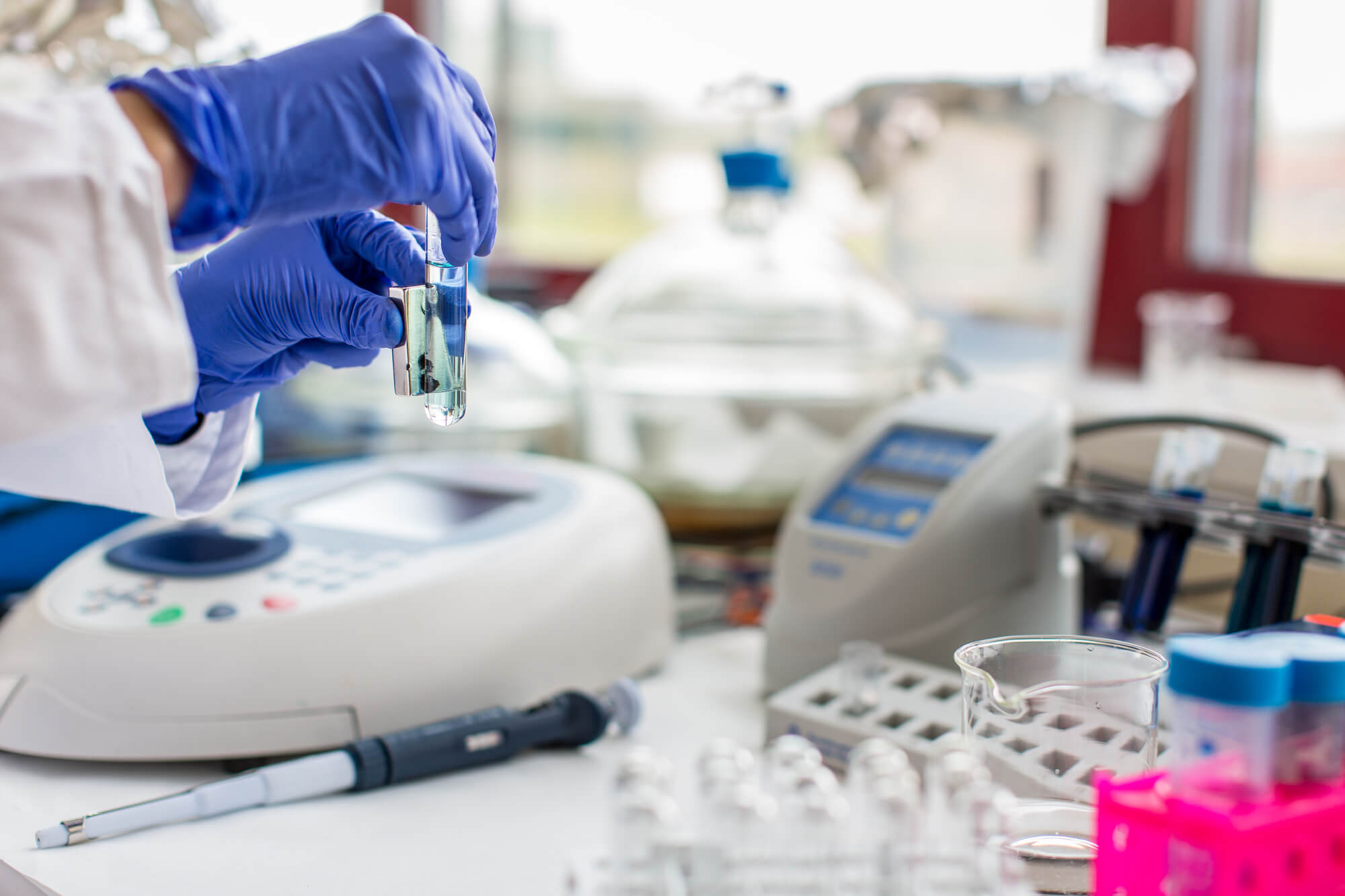
How Can You Benefit From Stem Cell Treatment?
The natural growth factors in stem cells help expedite the body’s healing process. The following are some of the known benefits of stem cell therapy:

-
Helps Minimize Pain
In some cases, stem cell therapy may treat chronic pain caused by arthritis, injuries, or nerve damage. The stem cells are directly injected into the affected area to help repair damaged tissue and reduce inflammation, which can alleviate pain. However, the effectiveness of stem cell therapy for pain relief varies depending on your specific condition.
-
Reduces Post-Procedure Recovery
The recovery time for surgeries and other medical procedures usually takes a while. Stem cell therapy reduces the recovery time so you can get back on your feet.
-
Improves Range of Motion and Flexibility
Patients are always eager to get back to their daily routines. Besides fast recovery, stem cell treatment also increases the range of motion and flexibility of the damaged joint, muscle, or body part. Stem cell treatments have the amazing ability to restore an injured body part to its pre-injury state.
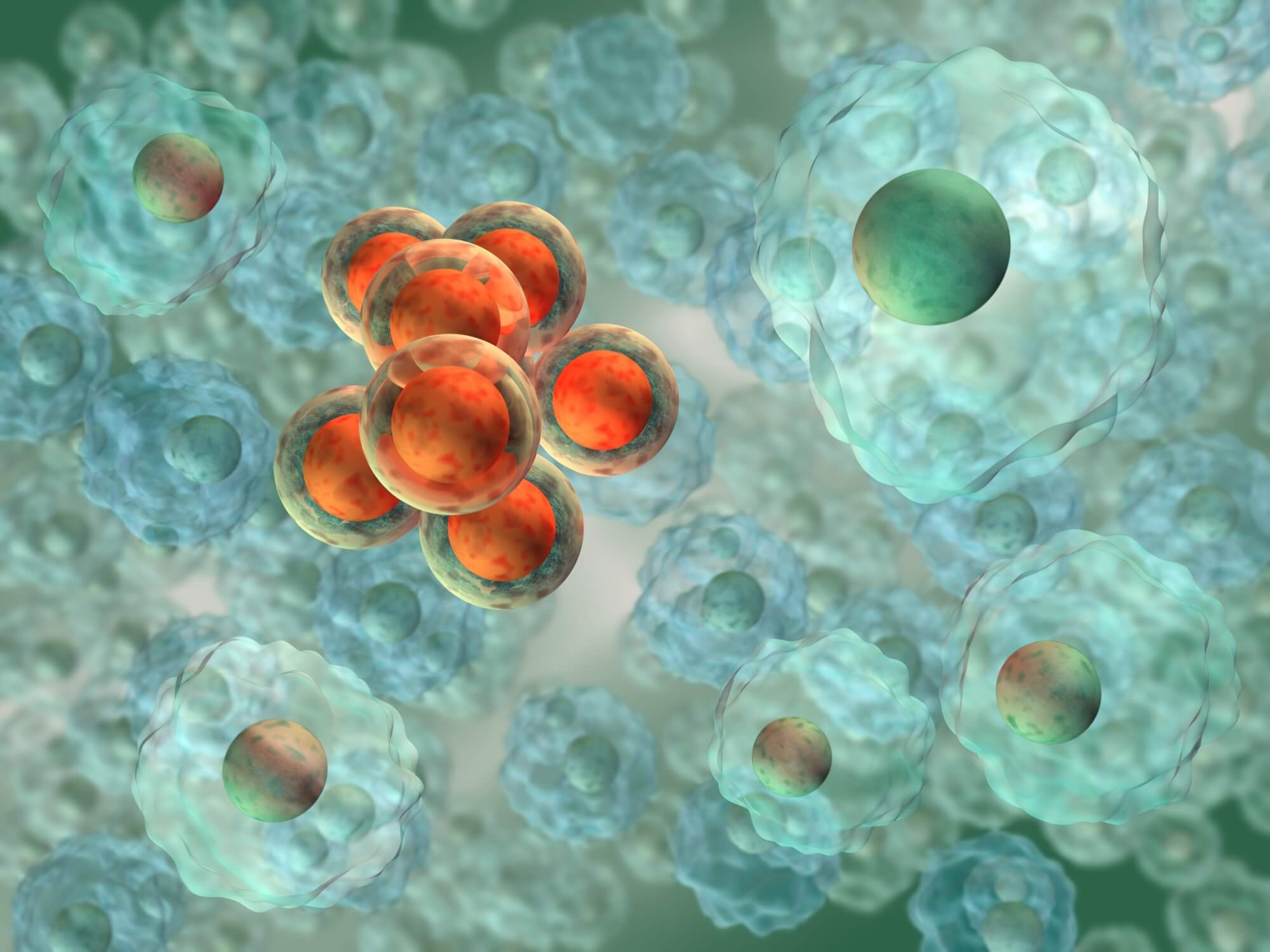
Is Stem Cell Therapy in Franklin Right for You?
Whether or not stem cell therapy is right for you depends largely on your medical condition and circumstance. Yes, stem cell therapy is an innovative and revolutionary breakthrough in research and treatment, but we still recommend consulting with your doctor. You will learn about the treatment and the risks involved during the consultation.
It’s also an opportunity for you to ask questions to give you clarity. Understanding and learning about the facts will help you make an informed decision. Your doctor will also thoroughly evaluate your condition to see if stem cell therapy suits you.
At Nashville Regenerative Orthopedics, you can be confident that our in-house team has researched many different types of stem cells offered today. Contact us to learn why stem cells are your safest and most effective treatment choice.

